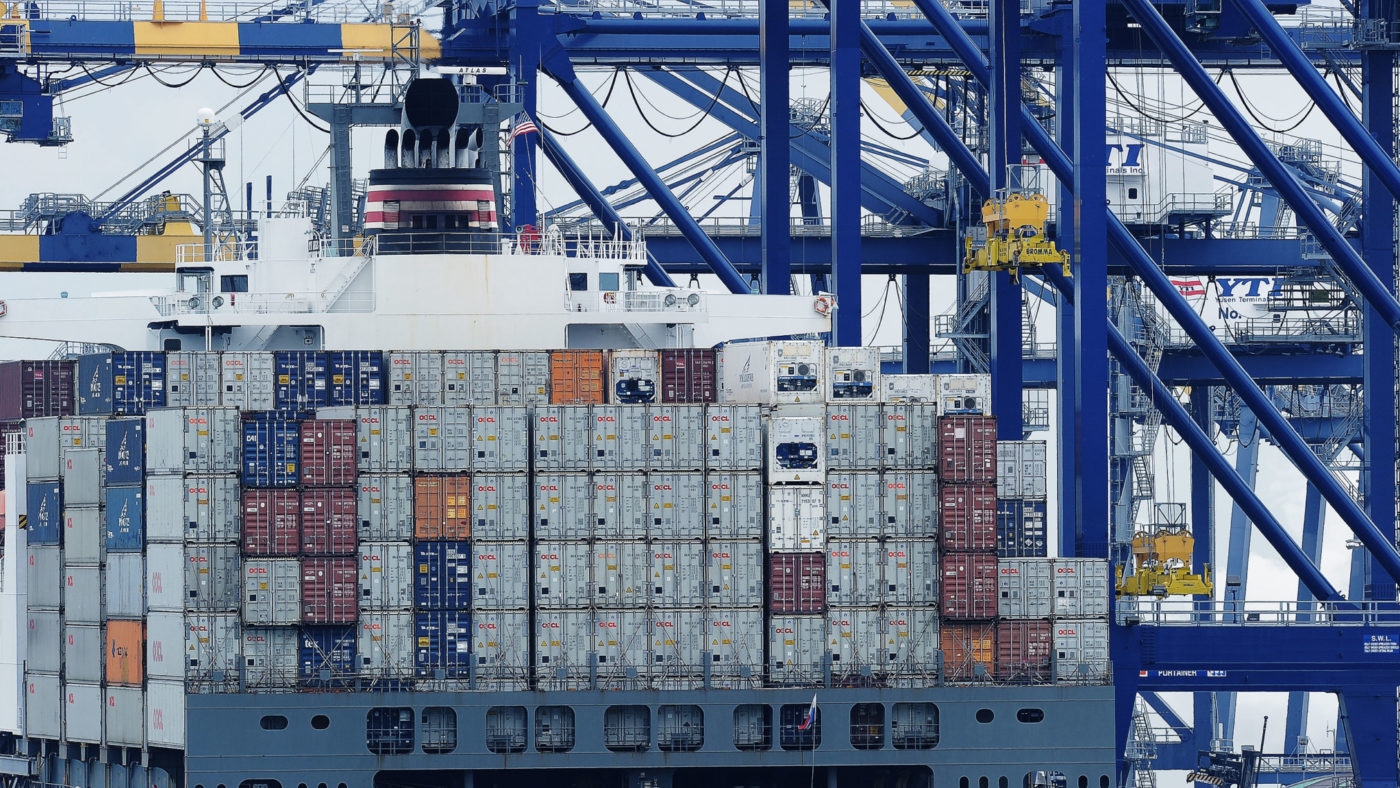In Europe, Donald Trump is regularly portrayed as a protectionist or isolationist populist who believes in raising drawbridges rather than lowering them. As with so many broad generalisations made about America’s 45th President by pundits and politicians across the Atlantic this assessment is simplistic and misleading.
Mr. Trump certainly advances an “America First” agenda, which places the national interest at the heart of US foreign and economic policy. His administration has opposed vast, multilateral trade deals such as the Trans Pacific Partnership (TPP), which it sees as threatening American jobs, and has shown little interest in moving forward with the regulation heavy US-EU Transatlantic Trade and Investment Partnership (TTIP). It also seeks to renegotiate and improve the North Atlantic Free Trade Agreement (NAFTA) with Canada and Mexico.
But the administration has spoken strongly in favour of direct bilateral trade deals which create jobs, advance prosperity and help the US economy. The Trump presidency is already engaged in talks with the British government on implementing a post-EU trade agreement between the United States and the United Kingdom. Much to the chagrin of the European Commission, the reality is that a US-UK free trade deal will be in place long before the United States strikes a deal with the European Union – if ever.
It should be noted that the Trump presidency has opposed a proposed post-Brexit UK/EU deal to split “tariff rate quotas” under World Trade Organization rules, which it views as an unfair advantage against US producers. This is a reflection of the US Administration’s wariness of the EU and should not be read as a lack of support for Brexit and a post-EU US-UK trade agenda.
In Trump’s own words, a US-UK free trade agreement will be “a very, very big deal, a very powerful deal, great for both countries and I think we will have that done very, very quickly.” That is an emphatic endorsement, from a president who told Theresa May when she visited the White House in January that Brexit is “a wonderful thing for your country.” There could not be a starker contrast with the immensely negative and supremely arrogant assertion by then US President, Barack Obama, back in April 2016, that the UK would be at “the back of the queue” for a trade deal if it dared break free of the shackles of Brussels.
There is tremendous goodwill towards Britain within the Executive Branch of the present US government. EU officials can only dream of the kind of warm reception that Liam Fox, the UK International Trade Secretary, received when he visited Washington in July and met with US Trade Representative Robert Lightizer and Commerce Secretary Wilbur Ross.
The enthusiasm of the White House is matched by that on Capitol Hill, where there are already at least five pieces of Congressional legislation calling on the United States to move forward with a trade deal with Brexit Britain. This February saw the first Congressional hearing on a US-UK FTA. And several Senators have expressed their strong support for such a deal, including Ted Cruz, Tom Cotton and Mike Lee, as well as the Speaker of the House of Representatives, Paul Ryan. With the backing of both the White House and a Republican-dominated Congress, such a deal would face few obstacles in the United States.
Both the United States and the United Kingdom have much to gain from a free trade deal between the world’s largest and fifth largest economies. Britain is the biggest direct foreign investor in the US, and British companies employ over a million American workers. More than 1.25 million Britons are employed by US affiliates in the United Kingdom. As the Congressional Research Service notes, Britain is America’s largest services trading partner, and the $5 trillion of U.S. corporate assets in the U.K. represents 22 percent of total U.S. corporate overseas assets. US and British negotiators should seek to agree a trade deal that further advances economic opportunity for both sides, ideally with an agreement that eliminates all tariff barriers between the two countries.
A US-UK free trade deal will be a powerful force generator for economic liberty and prosperity. It will also be a dynamic symbol of the enduring ties that bind the two greatest forces for freedom in the world. Indeed, the Special Relationship will be one of the biggest beneficiaries of Brexit. And that is good news for Britain, America and the free world.
This article was originally published by the Institute for Free Trade.


